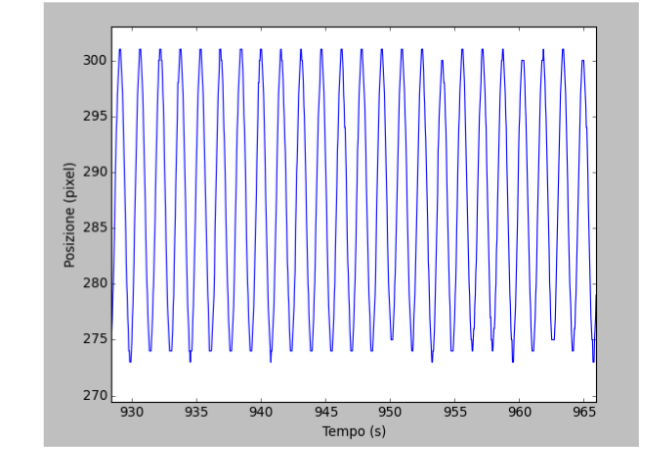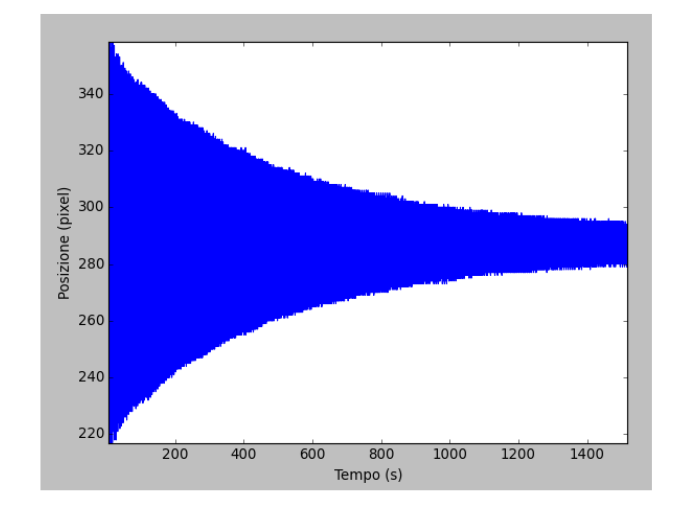I've been working on this project which measures pendulum position and motion. Currently I use a 9-DOF inertial measure unit (IMU), like that used in this project/question. The method works very well, but I'm finding that this approach leads to other complications in my application. That being said, I've been brainstorming alternative methods.
The method/idea that I'm considering would make use of an electro-magnetic field. I'm not an electrical engineer, so maybe what I'm looking for exists, I just don't know what to call it. At the same time, I don't know the technical language/terms so I'm just going to give an elementary description of what I'm envisioning.
What I envision basically extends the concept of this simple circular potentiometer with the ability to infer azimuth and tilt position of the pendulum. OK, bear with me...imagine a doughnut or (bagel if you will) that represents the base of an electro-magnetic field. The pendulum rod would be secured in the middle of the doughnut, yet free to swing. Located on the pendulum rod would be an object which disturbs the electro-magnetic field (a magnet or coil??). When the pendulum is static, the electro-magnetic field is balanced, as the object is located at the concentric center. As the pendulum swings, the object causes the electro-magnetic field to change. Ideally the strength of the electro-magnetic field would be proportional to how close the object was to the doughnut (i.e. give the tilt angle) and the azimuth angle (0-360) could also be inferred.
Based on previous research, I think this would be similar to a Hall sensor? If so, do they make "circular" Hall sensors that would match what I'm envisioning above?
I'm completely open to ideas, comments, and/or suggestions. The main thing I like about the idea above is that I don't have to run a cable carrying data and power to the IMU on the pendulum. Instead, all the electronics are "in the ceiling" and I passively observe the object on the rod.


